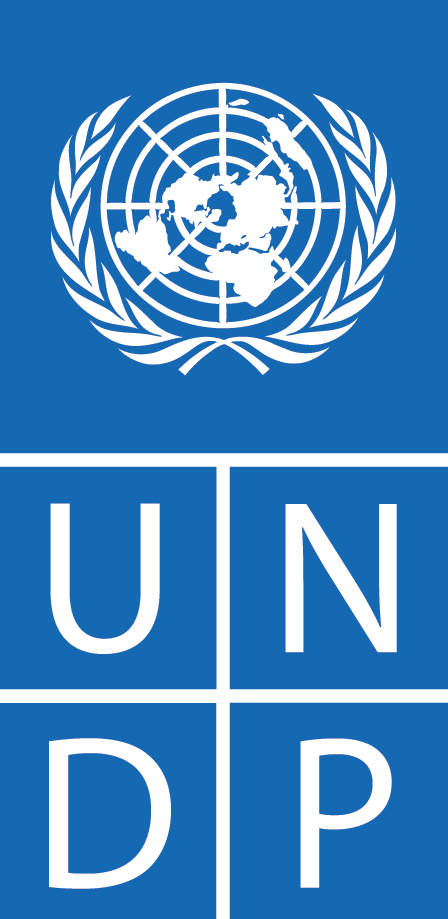 United Nations Development Programme (UNDP) São Tomé and Príncipe
United Nations Development Programme (UNDP) São Tomé and Príncipe

United Nations Development Programme (UNDP) São Tomé and Príncipe
Overview
Sector |
Climate Change, Disaster Risk Reduction |
Country |
Sao Tome and Principe |
SDG |
01 - No Poverty, 03 - Good Health and Well-being, 04 - Quality Education, 05 - Gender Equality, 06 - Clean Water and Sanitation, 07 - Affordable and Clean Energy, 08 - Decent Work and Economic Growth, 10 - Reduced Inequalities, 13 - Climate Action, 14 - Life Below Water, 16 - Peace and Justice Strong Institutions |
Organization Type |
Intergovernmental Organization |
URL |
https://www.undp.org/tag/sao-tome-and-principe |
Description
Related Organizations
| Name | Sector | Country | |
|---|---|---|---|
Parent Organization | |||
United Nations Development Programme (UNDP) |
Development Cooperation, Disaster Risk Reduction, Natural Resource Management, Sustainability and Environment | United States of America | View Details |
Connected Organizations | |||
UNDP Zambia Accelerator Lab |
Development Cooperation | Zambia | View Details |
United Nations Development Programme (UNDP) Serbia |
Development Cooperation | Serbia | View Details |
United Nations Development Programme (UNDP) South Africa |
Development Cooperation | South Africa | View Details |
Similar Organizations
| Name | Sector | Country | |
|---|---|---|---|
United Nations Human Settlements Programme (UN-Habitat) Afghanistan |
Capacity Building, Climate Change, Development Cooperation, Disaster Risk Reduction, Gender Equality and Empowerment of Women, Humanitarian Emergencies, Industrial Development, Infrastructure, Renewable Energy, Research, Sustainability and Environment | Afghanistan | View Details |
ASA Nwura |
Agriculture, Food and Rural Development, Climate Change, Natural Resource Management, Sustainability and Environment | Ghana | View Details |
Lake Region Economic Bloc (LREB) |
Agriculture, Food and Rural Development, Capacity Building, Child Development, Climate Change, Commerce, Counter-Terrorism & Prevention of Violent Extremism, Development Cooperation, Disaster Risk Reduction, Education, Financial Services, Gender Equality and Empowerment of Women, Health, Humanitarian Emergencies, Industrial Development, Infrastructure, Intellectual Property and Patent, Labour, Peace and Development, Population, Private Sector Development, Renewable Energy, Reproductive Health, Research, Science, Technology & Innovation, Sustainability and Environment, Sustainable Tourism, Heritage Protection, Trade, Transport and Aviation | Kenya | View Details |
Gobierno Regional de Tacna |
Disaster Risk Reduction | Peru | View Details |
City Government of Baguio, the Philippines |
Agriculture, Food and Rural Development, Capacity Building, Climate Change, Development Cooperation, Health | Philippines | View Details |